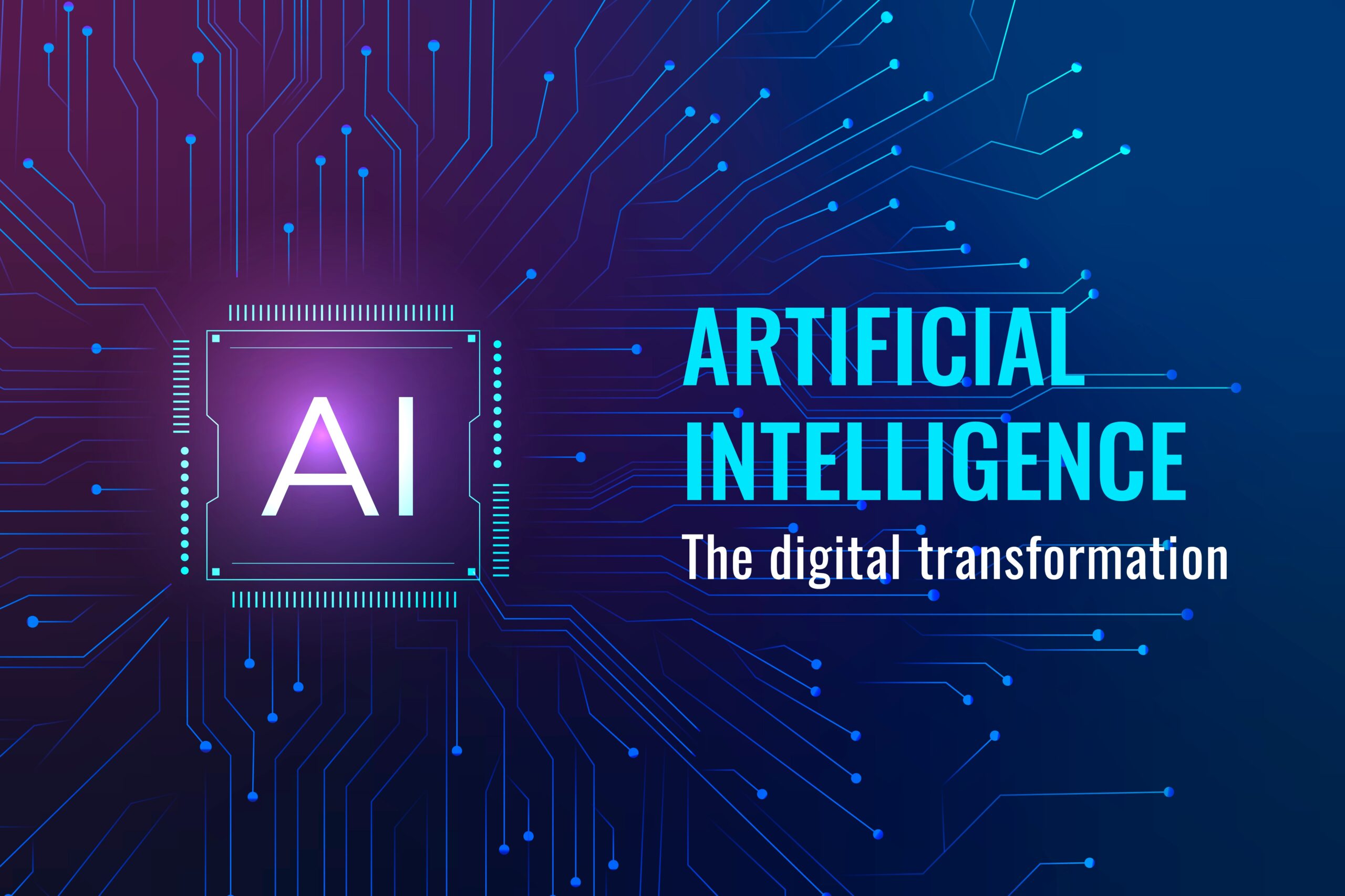Artificial intelligence, also known as AI, has come a long way. The capability to reason, learn and perceive transforms every aspect of our lives and society. However, with great power comes greater responsibility. As AI becomes ubiquitous, it raises ethical concerns that must be addressed.
In this blog post, we will understand the ethical implications of AI and how society is addressing them.
Understanding the Ethics of Artificial Intelligence
AI ethics involves addressing the ethical implications of artificial intelligence. Ethical considerations play an essential role in developing and deploying AI systems. The impact of AI on various aspects of society raises vital questions and concerns that must be grappled with. Society faces ethical challenges posed by AI technology, and navigating the intersection of AI and ethics is imperative.
Artificial intelligence has grown quickly since being integrated into platforms by businesses like Google, Amazon, IBM, and Meta. However, to safeguard human rights and address potential vulnerabilities, the European Union and the United States have acknowledged the necessity for AI regulation. Healthcare and the criminal justice systems are two fields investigating AI’s ethical ramifications in patient care, data privacy, and objective judgment.
To address these concerns, organizations like UNESCO and government bodies have developed several codes of ethics and best practices. For example, the European Commission released guidelines for the ethical development and use of AI, emphasizing transparency, accountability, and respect for human life and dignity.
As AI advances, it is crucial to consider the ethical implications and ensure that new technologies are developed and deployed responsibly. Government regulation, industry standards, and ongoing dialogue among stakeholders will play a pivotal role in shaping the ethical landscape of artificial intelligence.
The Role of Ethics in AI Development and Deployment
Ethics plays a crucial role in the development and deployment of AI systems. The responsible use of AI requires adherence to ethical principles and guidelines. Ensuring ethical AI practices is essential to mitigate potential risks and challenges. Ethical considerations should guide decision-making throughout the AI development process. Stakeholders must prioritize ethical governance in AI to ensure positive societal outcomes.
In the last few years, artificial intelligence has become increasingly prevalent across various domains, including healthcare, customer service, and criminal justice. With the rapid advancements in AI technology, it is essential to address the ethics of artificial intelligence to ensure its responsible and beneficial use. Codes of ethics, such as the laws of robotics proposed by Isaac Asimov, provide frameworks for guiding the development and deployment of AI systems.
How are Society and Institutions Addressing AI Ethics?
Governments worldwide are taking initiatives to address the ethical implications of AI. Policymakers play a crucial role in ensuring ethical AI development. Stakeholders, including academia and industry, collaborate on research. Ethical guidelines and codes of conduct are being established while public discussions raise awareness about AI ethics.
1. Governmental Initiatives in AI Ethics
Governmental initiatives play a crucial role in shaping the ethical landscape of artificial intelligence. Recognizing the need to regulate AI development and deployment, governments are implementing regulations and legal frameworks to address ethical concerns. By doing so, they aim to ensure transparency, accountability, and fairness in AI systems.
Government agencies are also investing in AI ethics research and development. This investment allows for the formulation of policies that govern AI practices and promote ethical behavior. These policies focus on protecting human rights and mitigating potential risks associated with AI technologies. Additionally, international collaborations are being formed to collectively tackle global AI ethics challenges.
Through governmental initiatives, countries are working towards establishing guidelines and codes of conduct for AI practitioners. By setting these standards, they aim to promote best practices and prevent the misuse of AI technology. In recent years, there has been a growing emphasis on the ethical implications of AI in various sectors, such as healthcare, criminal justice, and autonomous vehicles.
By taking a proactive approach, governments are actively addressing the ethical considerations surrounding AI. Their efforts contribute to developing a robust ethical framework that guides the responsible use of artificial intelligence.
2. The Role of Academia in Shaping AI Ethics
Academic institutions play a crucial role in shaping AI ethics. They are actively integrating AI ethics into their curriculum, ensuring that students are educated about the ethical implications of AI. Research centers and institutes dedicated to studying AI ethics are also being established, providing a platform for scholars to delve deeper into the subject. Scholars publish papers and organize conferences on AI ethics, fostering discussions and knowledge-sharing within the academic community.
Recognizing the interdisciplinary nature of AI ethics, universities are creating programs that bring together experts from various fields to address the ethical challenges posed by AI. This collaborative approach ensures a comprehensive understanding of the issues at hand and facilitates the development of ethical practices. Moreover, academic experts advise policymakers on AI ethics issues, leveraging their research and expertise to inform policy decisions. Their insights contribute to creating regulations and guidelines that govern AI technologies’ ethical development and deployment.
3. Non-Governmental and Private Sector Efforts in AI Ethics
Non-governmental organizations (NGOs) significantly advocate for ethical artificial intelligence practices. These organizations recognize the importance of addressing the ethical implications of AI and work towards promoting responsible AI development and use. In addition, technology companies are actively involved in developing AI ethics frameworks and guidelines to ensure that AI technologies are designed and deployed ethically. They understand the need to establish guidelines that prioritize human rights and address potential risks and vulnerabilities associated with AI.
Industry associations also play a crucial role in the advancement of AI ethics. They work towards promoting responsible AI development and use by educating their members on ethical best practices. These associations facilitate collaboration between stakeholders, including businesses, researchers, and policymakers, to drive AI ethics research and development. Furthermore, private sector organizations invest in ethical AI initiatives, recognizing the importance of funding research and development.
Recently, efforts from non-governmental organizations, technology companies, industry associations, and collaborations between industry and academia have significantly contributed to advances in artificial intelligence ethics. With their collaborative efforts, they are shaping the future of artificial intelligence.
The Final Say
The ethical implications of artificial intelligence are becoming important as AI technology advances. Society must address these ethical concerns and establish principles to guide the development and deployment of AI systems. Transparency, accountability, and fairness are vital principles that must be upheld in AI systems to ensure their ethical use.


